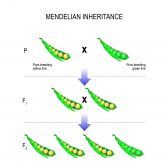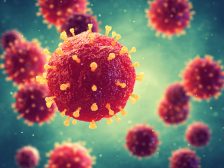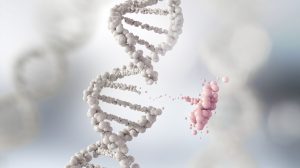Definition
noun
A speciation in which new species evolve in a sub-population that colonized a new habitat or niche within the same geographical area of the ancestral species, and experience genetic drift.
Supplement
Similar to allopatric speciation, peripatric speciation involves populations being geographically separated and prevented from exchanging genes. It differs from the allopatric speciation in a way that the population separating from the main population involves a smaller unit.
An example of this is the London Underground mosquito, a variant of the mosquito Culex pipiens, which entered in the London Undgerground in 19th century. Evidence for its speciation includes genetic divergence, behavioural differences, and difficulty in mating.
Word origin: Greek, from peri, around, near + Greek patrā, fatherland.
Compare: allopatric speciation, parapatric speciation, sympatric speciation.
See also: speciation, genetic isolation.
Dictionary > Peripatric speciation
You will also like...

Inheritance and Probability
Gregor Mendel, an Austrian monk, is most famous in this field for his study of the phenotype of pea plants, including ..

Gene Action – Operon Hypothesis
Learn how the way genes control and determine every aspect of the body. This lesson uses lac operon as an example. ..
..

A Balanced Vitamin Diet – Vitamins A – K
A balanced diet is essential to a healthy organism. Insufficiency or too much of a particular element or compound, such ..

The Evolutionary Development of Multicellular Organisms
Multicellular organisms evolved. The first ones were likely in the form of sponges. Multicellularity led to the evolutio..

Biological Viruses
Viruses possess both living and non-living characteristics. This unique feature distinguishes them from other organisms...

Control of Growth & Development
Control of Growth & Development tutorials look at how the genetic makeup determines the biological processes on a da..

